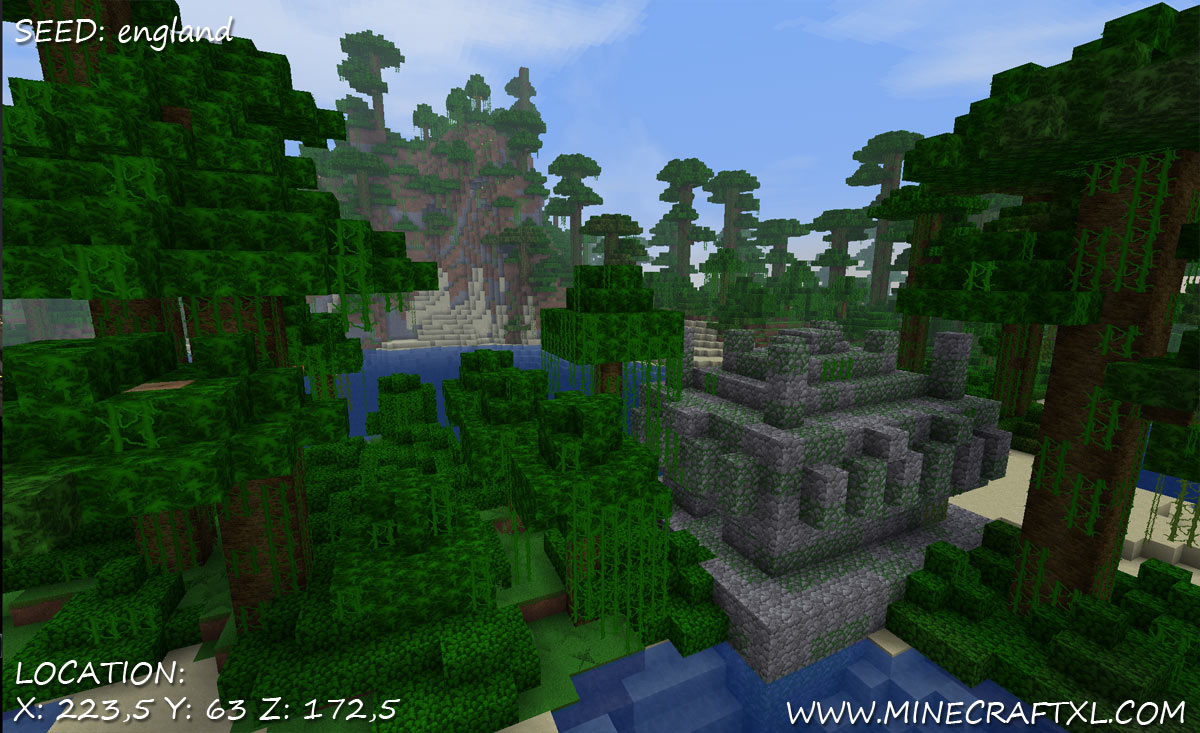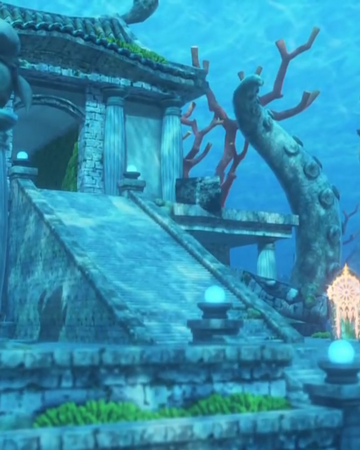World of Warcraft Classic Gameplay Commentary Day 11 Live Stream: Subscribe for more, enable notifications with the bell 🔔.
The Sunken Temple (Shizumeru Tera (沈める寺)) is a 1987 novel by Satoko Kizaki. It was translated into English in 1994 by Carol A. Flath. While it was well received in Japan, reviewers of the English version had mixed feelings.
Defeat Shade of Eranikus. In the Classic Dungeon & Raid Achievements category. Always up to date with the latest patch (9.0.2). Sunken Temple of Qarn General Information. Things start getting interesting from here on! Qarn is actually a very small map but the boss mechanics can be tricky for first timers. This is the first dungeon where you have to interact with the items on the map to succeed. There is also a lot of treasure in this dungeon, some will be easily missed. If you wish to learn more of this place; the Sunken Temple, seek out a goblin named Marvon Rivetseeker. He has studied many ancient areas of the world, and was last known to have left his home in Ratchet to study the troll ruins in Tanaris. A complete searchable and filterable list of all Sunken Temple Quests in World of Warcraft: Shadowlands. Always up to date with the latest patch (9.0.2).
Synopsis[edit]
Yuko lives in a Buddhist temple called the Shoenji in a town called Hie in the Hokuriku mountains. Her son, Harumitsu, returns home one summer, and Yuko finds that he does not want to take over the family temple. Instead, he would rather sketch, play guitar, or pursuing Chikoni, a young woman who supposedly has magic powers.[1] A boy named Shoji also returns to town to live with his father, the assistant priest, after his mother had spirited him away to Tokyo. Finally, Yuko's childhood friend Fujiki returns to town. The story follows the relationships between the returning men and the three women who live in the temple or the town: Yuko, Chikoni, and Akemi (a young Noh actress).[2]

Reception[edit]
The Sunken Temple received the Ministry of Education's Geijutsu Sensho New Writer's Award.[3]
The English translation was not as well received. Publisher's Weekly wrote that the prose was 'well-written and evocative', but said that the ending felt rushed.[1]Kirkus Reviews said it was 'disappointing', writing that while it had an 'evocative setting and premise', the themes were heavy-handed.[2] In World Literature Today Marleigh Grayer Ryan wrote that readers may find the large number of characters and relationships difficult to keep track of.[4] This could, however, be intentional. Rebecca L. Copeland wrote in a review for Japan Quarterly that the characters and relationships blur together as they do similar things. Even Yuko regularly confuses Harumitsu and Fujiki.[5] However, like other reviewers Copeland was unimpressed by the novel. She wrote that the flap copy of the book said that it's a suspense novel, but readers can easily guess what will happen based on character tropes and imagery. She also wrote that Kizaki tends to overwrite, spoiling the book's eerie atmosphere.[5]
Kizaki refers to other works of Japanese literature throughout the novel. She regularly refers to the legend of Urashima Taro, suggesting that the men's return to the village to the titular character, while the women are like the Sea Princess in the same legend. Copeland also suggests that Kizaki's constant references to snakes when writing about the women refers to the noh play Dojoji, which also takes place at a Buddhist temple.[5]
References[edit]
- ^ ab'The Sunken Temple'. www.publishersweekly.com. January 31, 1994. Retrieved 2020-11-25.
- ^ abTHE SUNKEN TEMPLE | Kirkus Reviews.
- ^Carter, Steven D. (2014-07-29). The Columbia Anthology of Japanese Essays: Zuihitsu from the Tenth to the Twenty-First Century. Columbia University Press. ISBN978-0-231-16771-0.
- ^Ryan, Marleigh Grayer (1994). 'Japan -- The Sunken Temple by Satoko Kizaki and translated by Carol A. Flath'. World Literature Today. 68 – via Proquest.
- ^ abcCopeland, Rebeccal L. (April 1994). 'Surfacing from The Sunken Temple -- The Sunken Temple by Kizaki Satoko and translated by Carol A. Flath'. Japan Quarterly. 41: 223 – via Proquest.
| This article is a stub. You can help Final Fantasy XIV: A Realm Reborn Wiki by expanding it. |
| The Sunken Temple of Qarn | |
|---|---|
| Type: | Dungeon |
| Level: | 35 (Sync from 37) |
| Time limit: | 90m |
| Location: | The Sunken Temple of Qarn, Southern Thanalan |
| # of players: | 4 (1 tank, 1 healer, 2 DPS) |
| Expansion req.: | A Realm Reborn |
| Unlocking quest: | Braving New Depths |
| Boss(es): | Teratotaur, Temple Guardian, Adjudicator |
| This article is about the normal version. For the hard version, see The Sunken Temple of Qarn (Hard). |
The Sunken Temple of Qarn is a 4-man dungeon introduced with Final Fantasy XIV: A Realm Reborn.
Sunken Temple Guide
- 3Bosses
Lore[edit | edit source]
Under the unforgiving Thanalan sun lie the ruins of an ancient temple half-devoured by the shifting sands of a timeless desert. Though used by ancient Belah'dians as a place to worship the sun goddess, Azeyma, portions of the massive underground structure appear to be far older than this Sixth Astral Era civilization. That, however, did not deter Belah'dian sultans from each adding their own chambers to the original construct in a bid to achieve immortality through creation. In the subsequent years since the fall of Belah'dia, many an adventurer has sought to explore the temple's mysteries and perhaps return with the treasure of a lost era...only to fall victim to one of the complex traps set to prevent that very thing from happening.
Quests[edit | edit source]
The following quests take place in The Sunken Temple of Qarn:
Bosses[edit | edit source]
Sunken Temple Of Qarn
Teratotaur[edit | edit source]
Temple Guardian[edit | edit source]
Adjudicator[edit | edit source]
Scales of Judgment[edit | edit source]
There is a Scales of Judgement puzzle that controls access the door to the final boss. To solve it correctly:
- Left Pan: The Flame of Magic (flame symbol)
- Right Pan: The Fruit of Knowledge (strawberry symbol)
Patches[edit | edit source]
Sunken Temple Statue Order

- Patch 2.0 - A Realm Reborn (27 Aug 2013): Added.
Sunken Temple Map
Videos[edit | edit source]
External links[edit | edit source]
| ||||||||||